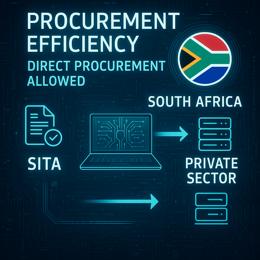Image: AI generated for illustration purposes
National Treasury Revisits Public Procurement Bill to Balance Price and Empowerment
In a move that may redefine the landscape of public procurement in South Africa, the National Treasury is making crucial amendments to the draft Public Procurement Bill, in response to concerns raised during a parliamentary committee meeting. The contentious matter at the heart of these deliberations is how to balance the price factor in awarding government contracts with the imperative to empower previously disadvantaged businesses.
The National Assembly's finance committee convened on Tuesday, where Leanda Pietersen, the director of supply chain management legal advisory services at the Treasury, announced the intent to revise a critical clause in the proposed bill. The focus shifting towards the role of price in the evaluation process comes amid increased calls to give empowerment policies a more dominant constituent in public contracting.
The reviewed version of the bill, which is rapidly being ushered through for debate, aims to offer a thorough framework for state procurement activities that not only address transparency and cost-effectiveness but also actively foster empowerment and transformation. This includes provisions for set-asides, pre-qualification criteria, and mandatory subcontracting and localization under certain conditions.
Clause 18 (7) of the bill has stirred a vivid dialogue, earlier mandating the decisive role of the price in evaluating bids, provided other criteria like functionality are met. However, Treasury's acknowledgment of the need to look beyond cost opens the door to a more inclusive and nuanced approach to procurement that potentially levels the playing field for black-owned businesses.
The bill's adjustment towards a more balanced evaluation recognizes the systemic disparities critiqued by EFF MP Mzwanele Manyi, who has vehemently opposed the singular valuation of price points given hindrances faced by black businesses—ranging from logistical challenges to unfavourable banking risk assessments.
While some, such as Stellenbosch University's Professor Geo Quinot of the African Procurement Law Unit, caution against dismissing the price factor entirely—acknowledging its fiscal responsibility—others like DA finance spokesperson Dion George stress its fundamental importance. George has pointed to the dichotomy faced by a cash-strapped government between achieving empowerment and servicing the most pressing needs of impoverished communities.
The Treasury's undertaking to revisit the bill's wording speaks to a reconciliation of these dual imperatives. It contemplates an evolved procurement system reflective of the constitution’s tenets of fair, competitive, and effective contracting while diluting a potentially restrictive focus on cost.
South Africa finds itself at a critical juncture where economic policies are not only meant to assure the efficient use of public funds but also to remediate the socioeconomic inequalities entrenched by its history. This iterative process of policy refinement underscores the government's struggle to make equity a tangible reality while safeguarding the public coffers.
The National Treasury's next steps—with the unenviable task of redefining the procurement framework—are being keenly observed by a diverse range of stakeholders. As the National Assembly's debate looms, the balancing act between fiscal prudence and transformative empowerment continues to shape the discourse on South Africa's economic future.










